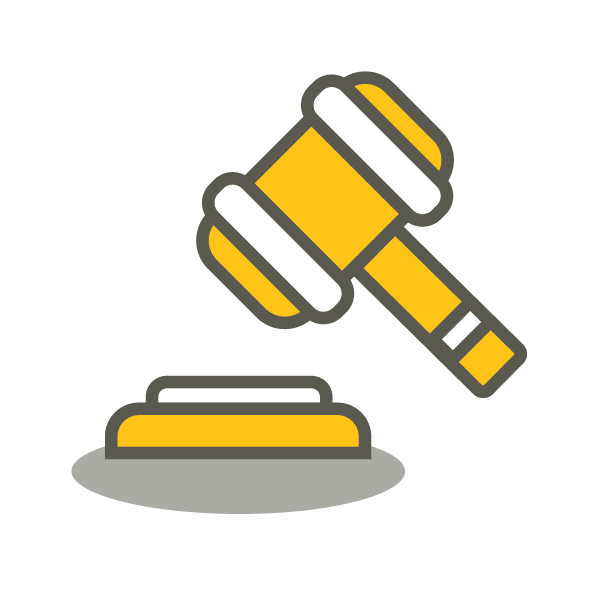What is wrongful trading?
Wrongful trading occurs when directors of a company allow it to continue incurring debts despite the business no longer being viable, and the directors either knew or should have known that there was no reasonable prospect of the company avoiding insolvency.
The company directors may not have realised that by allowing trading to continue, which causes the business’s financial position to deteriorate , it could grant permission to an administrator or a liquidator to bring claims of wrongful trading against them as soon as the proceedings for insolvency have begun. A court order could be brought against the company directors, meaning that they will be personally liable for all losses to creditors.
What are the consequences of wrongful trading?
Can incur a civil liability
Even though it is not considered a criminal offence, wrongful trading can incur a civil liability under section 214 and section 246ZB of the Insolvency Act 1986.
Disqualification
Furthermore, it could result in the individual being disqualified from acting as a company director for a certain period. Company directors can face significant legal and financial consequences if they fail to act whilst taking into consideration the interests of creditors once it is obvious that their business is failing.
Ignorance of wrongful trading cannot be used as a defence
There could be situations where the directors are legitimately unaware that they are wrongfully trading, however it is important to keep in mind that ignorance cannot be used as a defence. For this reason, it is imperative for directors to seek advice from an insolvency practitioner at the first sign that their business is no longer viable.
What action can creditors take?
Enforcement Action
Where a company has been unsuccessful in paying its debts and it is not involved in an insolvency procedure, creditors are capable of taking enforcement action to attempt to reclaim the amounts that they are owed by obtaining judgment and seizing any company assets, or by attaining a ‘charge’, meaning that any property or assets can’t be sold without the creditor having prior knowledge. This is also available to creditors who have not obtained a charge to seek to liquidate the company via the courts.
Consider the cost
Creditors need to carefully consider the cost of serving a claim as it is not always financially sensible, even more so if they cannot establish and prove which assets belong to the company.
Confide in the appointed administrator
If creditors believe that they may have grounds for a claim for wrongful trading, they should confide in the appointed administrator or liquidator to explain what they think has happened whilst ensuring that they can provide substantial evidence to support their claims, this could include details of the debts incurred or communications with the company.
Requirement to examine company records
As soon as an investigation into a claim of wrongful trading has begun, administrators or liquidators are required to examine company records and evaluate what the directors may or may not have had knowledge of whilst the business was still trading. An in-depth inspection of the minutes from board meetings could also be conducted in order to pinpoint the moment that directors realised their business could no longer avoid insolvency proceedings, and what action they took from then onwards.
How to determine the cause of company failure?
In every circumstance of liquidation or administration, practitioners will conduct an investigation into the factors that caused the company’s failure. They are likely to inspect bank statements to confirm who has received payment and who has not, and consider creditor schedules, as well as other accounting information, to establish the full picture of the financial position that the company was in on the date that the directors came to the conclusion that the business was no longer viable. The insolvency practitioner will then explore which actions were taken by the directors at that point in the timeline. For example:
- Did they seek financial advice?
- Did they investigate their accounts to take steps to reduce their losses?
- Or, did they avoid and neglect the situation allowing it to worsen?
After establishing a case, the insolvency practitioner could make an application for a court hearing in which the directors might be required to pay money into their insolvent business to provide compensation for worsening the financial position.
What should you know?
Directors:
It is important that the directors have a good understanding of their duties and take their responsibilities to meeting their creditors’ payments seriously, especially in situations where the business may be at risk of insolvency.
Creditors:
Creditors also need to know that if they have overdue debts, they have several options available to them. They should reach out for financial advice as early as they can. Ultimately, their actions could be the catalyst that forces their business to enter insolvency proceedings. This could then contribute to an insolvency practitioner being able to bring a claim through the civil court to recoup losses to creditors.







